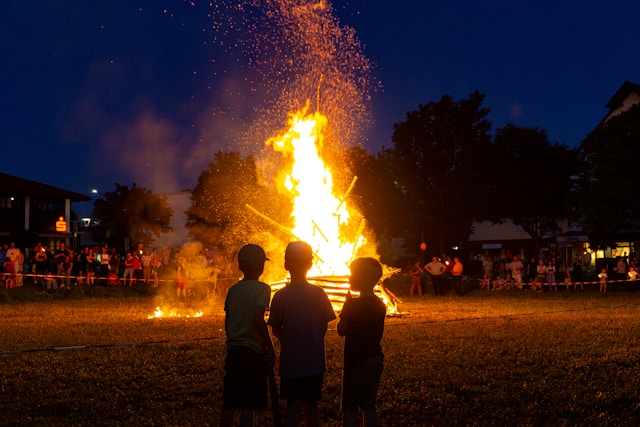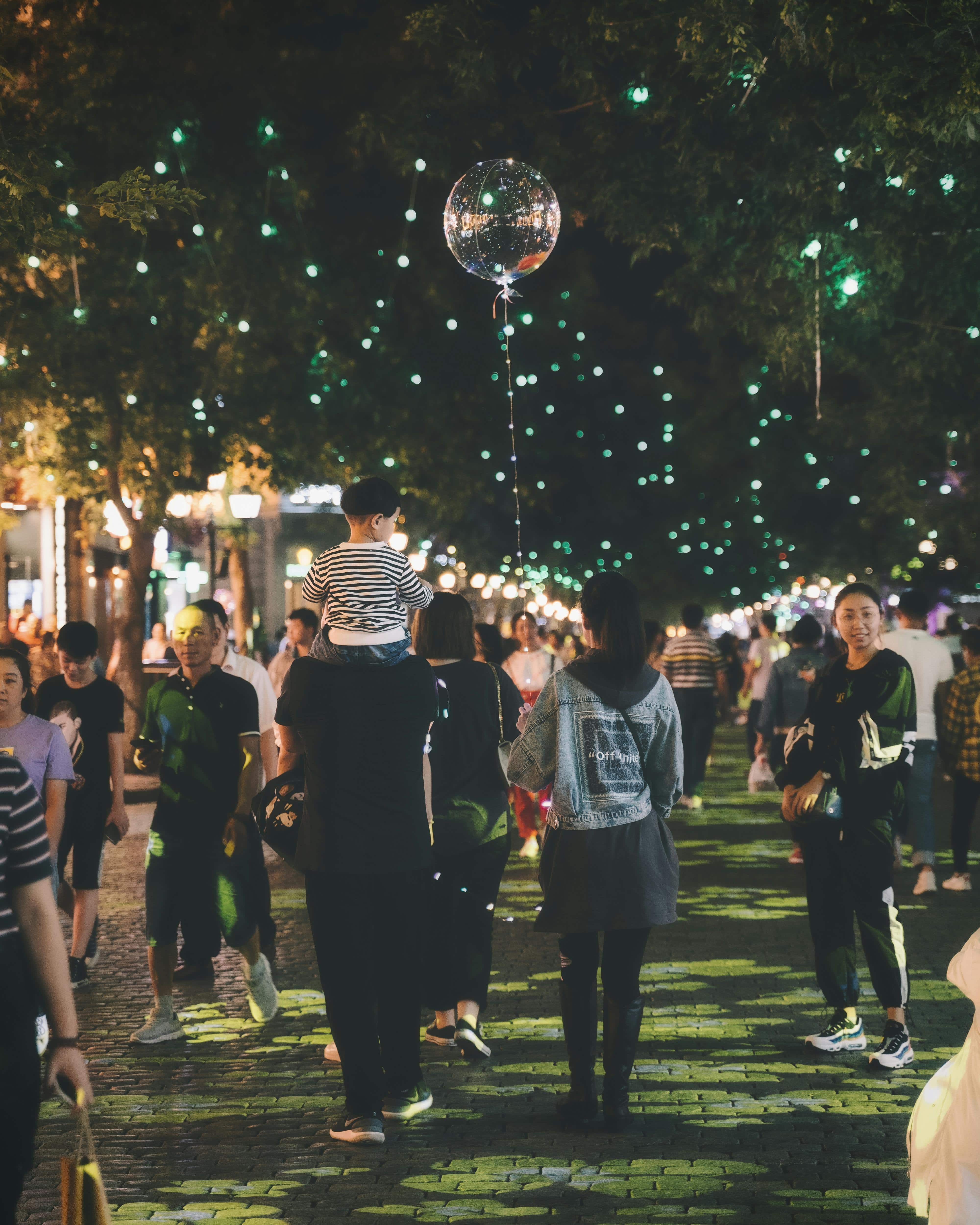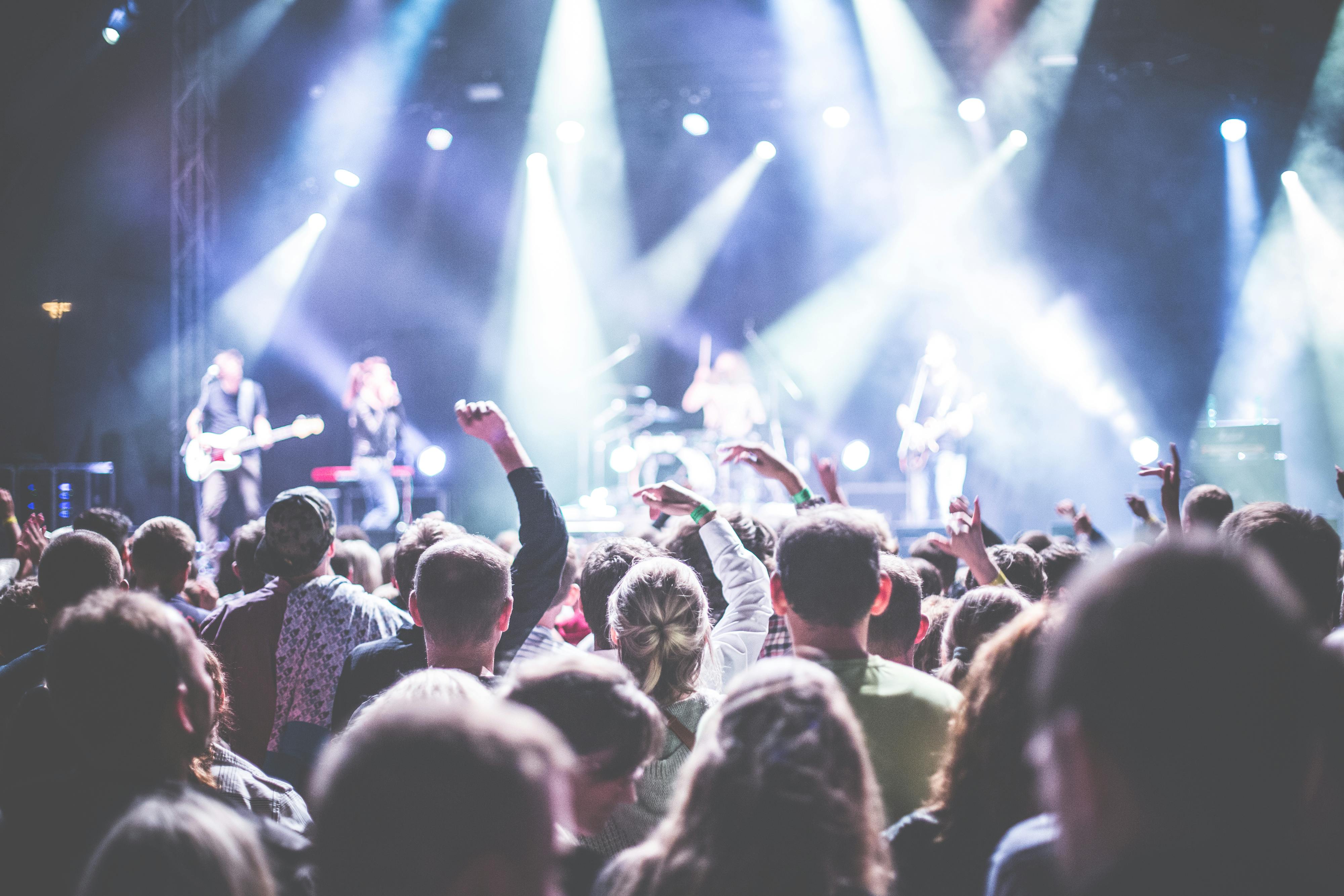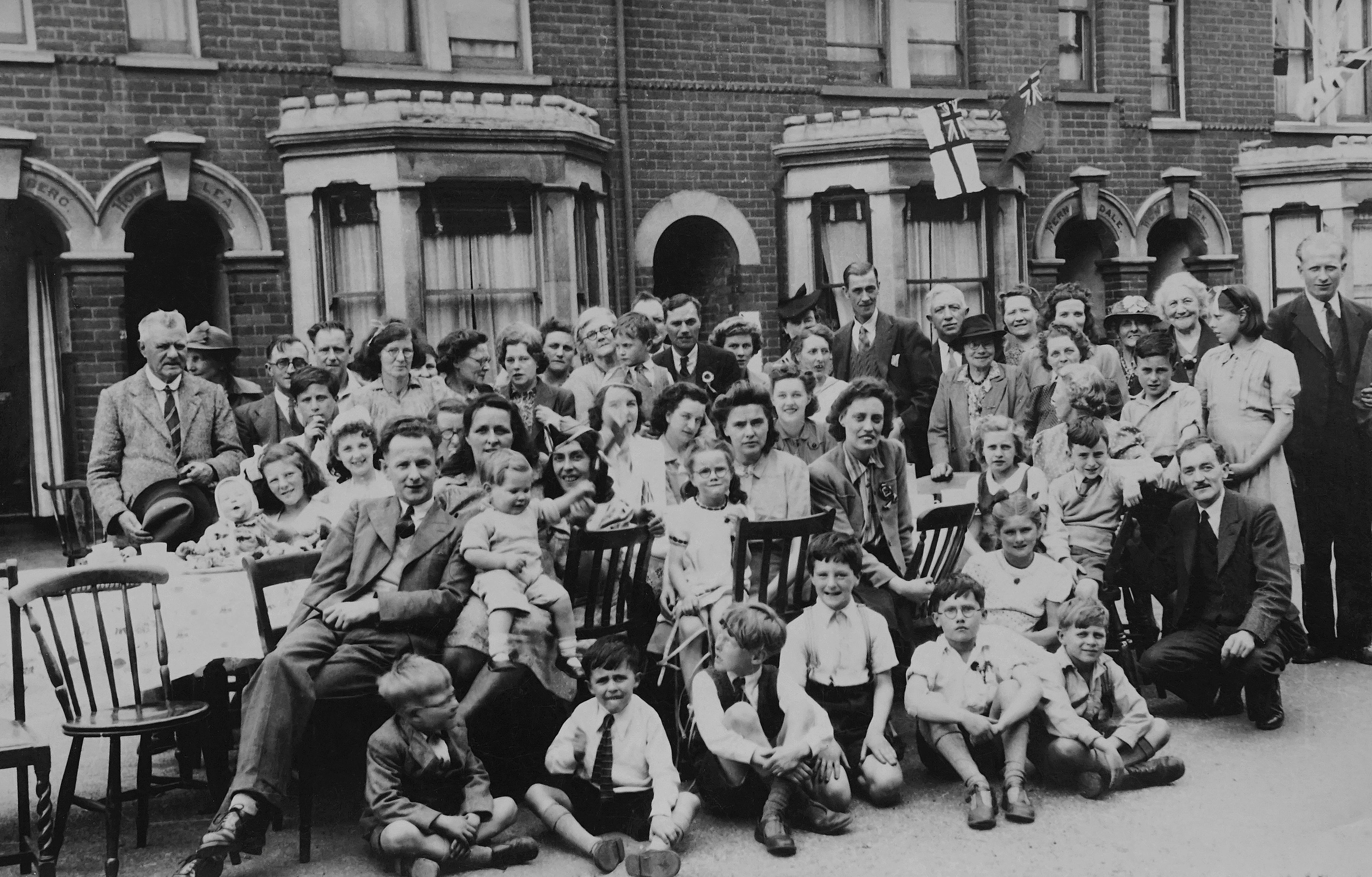Published on: 19 June 2020
Social Media and Event Marketing
The growing use of technology and mobile device has led to an increase in the second screen, commonly known as social media. To give you a brief context, nearly 50% of the world's total population uses social media. That’s over 3.7 billion active social media users worldwide, as of 2020.
According to Global Web Index, it is estimated that people have up to 7 different social media accounts and spends an average of 2.5 hours on social networks each day.
The events industry has seen a transition in marketing strategies as many event organisers have now switched to social media platforms to plan and execute marketing campaigns for their events. Social media in combination with a well-planned marketing strategy can play a vital part in role that extends far beyond just promoting an event.
Whether you plan concerts, conferences, or live events, social media event marketing is one of the most important factors in creating a successful event.
“73% of event organisers believe that their efforts through social media marketing have been "somewhat effective" or "very effective" for their business” – Buffer.
Event organisers constantly hear about the value of social media at events. Social media can be a major influence on a customers decision making process and is now becoming a main channel to market through.
We’ve come up with some key points on why incorporating social media at events is important and how event organisers can effectively use social media marketing strategies to measure the impact and success of any event.
What is Social Media Event Marketing?
Nowadays, attending an event just to be passed a marketing brochure is something of the past. With changing consumer preferences, social media has stepped in as one of the most effective ways to engage with potential event attendees, gain media exposure, and generate an early buzz around the event.
Social Media Event Marketing is one of the most widely used digital marketing channels. It is a commercial promotion tool that uses social media platforms like Facebook, Instagram, Snapchat, Twitter, and LinkedIn, allowing people to exchange ideas, pictures, and information about products and services.
Event social media marketing solutions such as live messaging through event apps, networking through LinkedIn integrations, and live social media feeds are among some of the ways event marketers are taking advantage of a captured audience.
How Event Organisers can measure the impact of Social Media?
According to the 2020 Event Marketing Report, the majority of event marketers believe that social media is one of the most critical marketing channels in building relationships, engaging attendees and creating a buzz for an event. Additional research from the Post COVID-19 Event Outlook Report shows that this trend holds for both digital and in-person events.
With various stakeholders involved in the event planning and management process, making sure of measuring and proving an event success becomes vital for event organisers. There are two types of social media measurement used by event organisers:-
- Overtime Analytics – Overtime or Ongoing Analytics keeps up to date with the engagement of your brand or event monitoring activity over a period of time.
- Event-Focused Analysis – Event or Campaign focused analysis contributes to the understanding of the impact of your marketing activity.
Using Social Media in Event Marketing Strategies
In recent years events became one of the major marketing tools. Today, having a social media marketing strategy for events sets you apart from the crowd. No matter what kind of event you’re promoting social media needs to be part of your event marketing plan.
Social media can be coupled to attract attendees, build relationships, stimulate engagement, and extend interaction, making it an important aspect pre, during, and post-event or occasion.
“89% of Event Marketers use social media for pre-event marketing, 49.4% use social media to engage attendees during the event, and 37.7% use it to capture post-event feedback” – Event Manager Blog
Social media is one of the most evolutionary industries with constant changes and advancements. Keeping up with new social media event marketing strategies can be challenging.
Like most of the events, you’ll need event marketing strategies for each phase of your event.
Pre-event Strategies
You’ll require to spread the word of your event as wide as you can and convince people to attend. Before the event, your social media marketing strategy should prioritize reach, connection, and anticipation on the following parameters:
- Identify your target audience and an ideal social platform to promote your event - The demographics of the target audience of your event give you valuable information about where to concentrate your efforts.
- Creating Buzz and Promoting your event with Hashtags – A hashtag which is memorable consistent with your event has higher reach as compared to non-
informative hashtags. Once your hashtag is created, being consistent and using it on your social platforms to encourage the two-way interaction and be identifiable.
- Teaser Posts - Teaser posts build interest among people. First, they get people excited for a known thing. Using teasers that appeal to existing fans and build excitement among new ones can begin to create a buzz around your event.
During-Event Strategies
Once people are at your event, the main focus will be on the here and now, with people already connecting in person. However, the potential to expand engagement and connect with those at the event and beyond can be utilised through social media.
You can keep your fans active and engaged or post content about what’s happening during the event, post photos of attendees, shots of parties, food, and crowds to tease others on what they are missing.
Livestreaming is growing at a fast pace on Facebook and YouTube. Research estimates, people will spend an average of 92 minutes per day watching an online video in 2020.
Post-Event Strategies
After the event is over, reinforce the audience and keep the energy flowing by keeping everyone connected. You can use one of the following strategies:
- Post Event Video – Enable a compelling content that drives engagement even after the event is over. You can run testimonials, mentions, hashtags, live videos to enable visibility of your supporters and retaining for your next events.
- Share Event Coverage – One of the best post-event strategies is to share your content across platforms and available on social networks for non-attendees.










